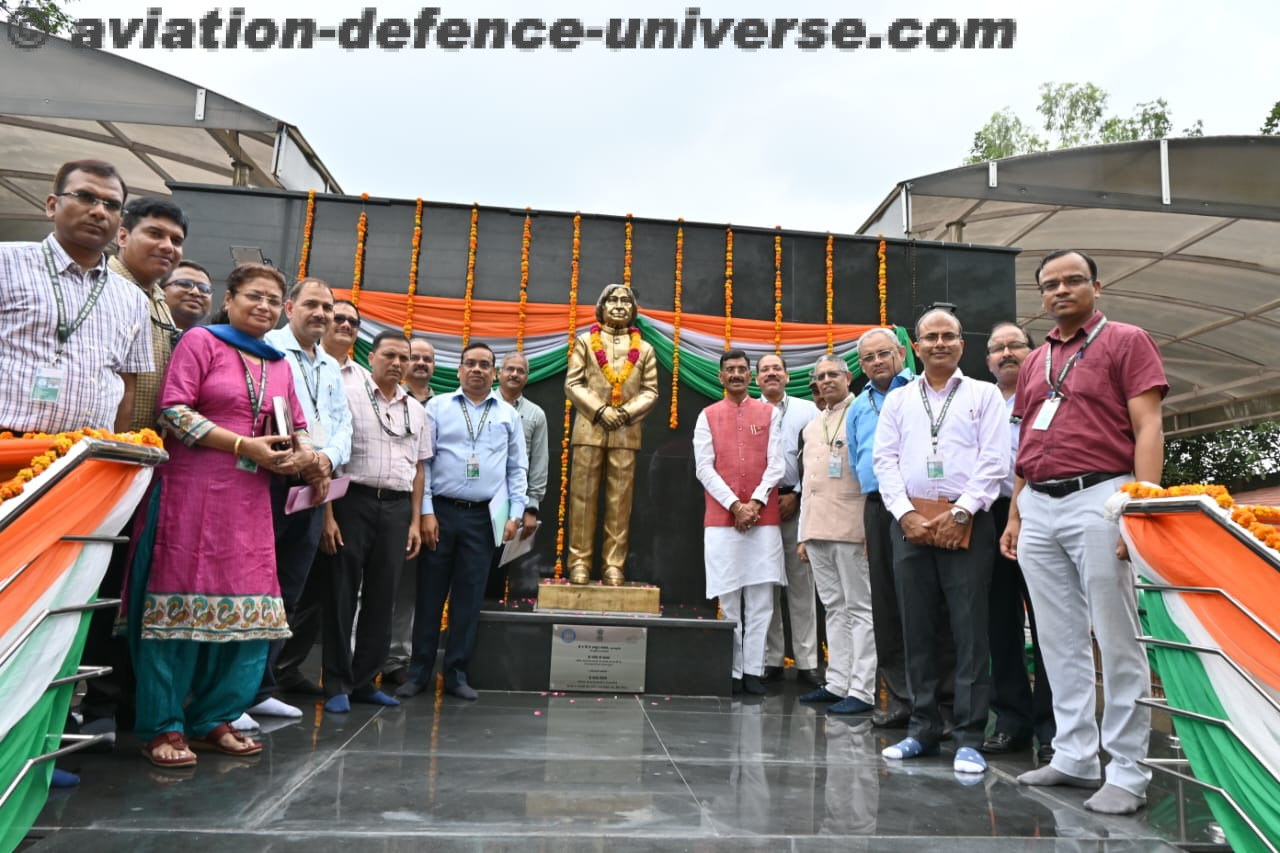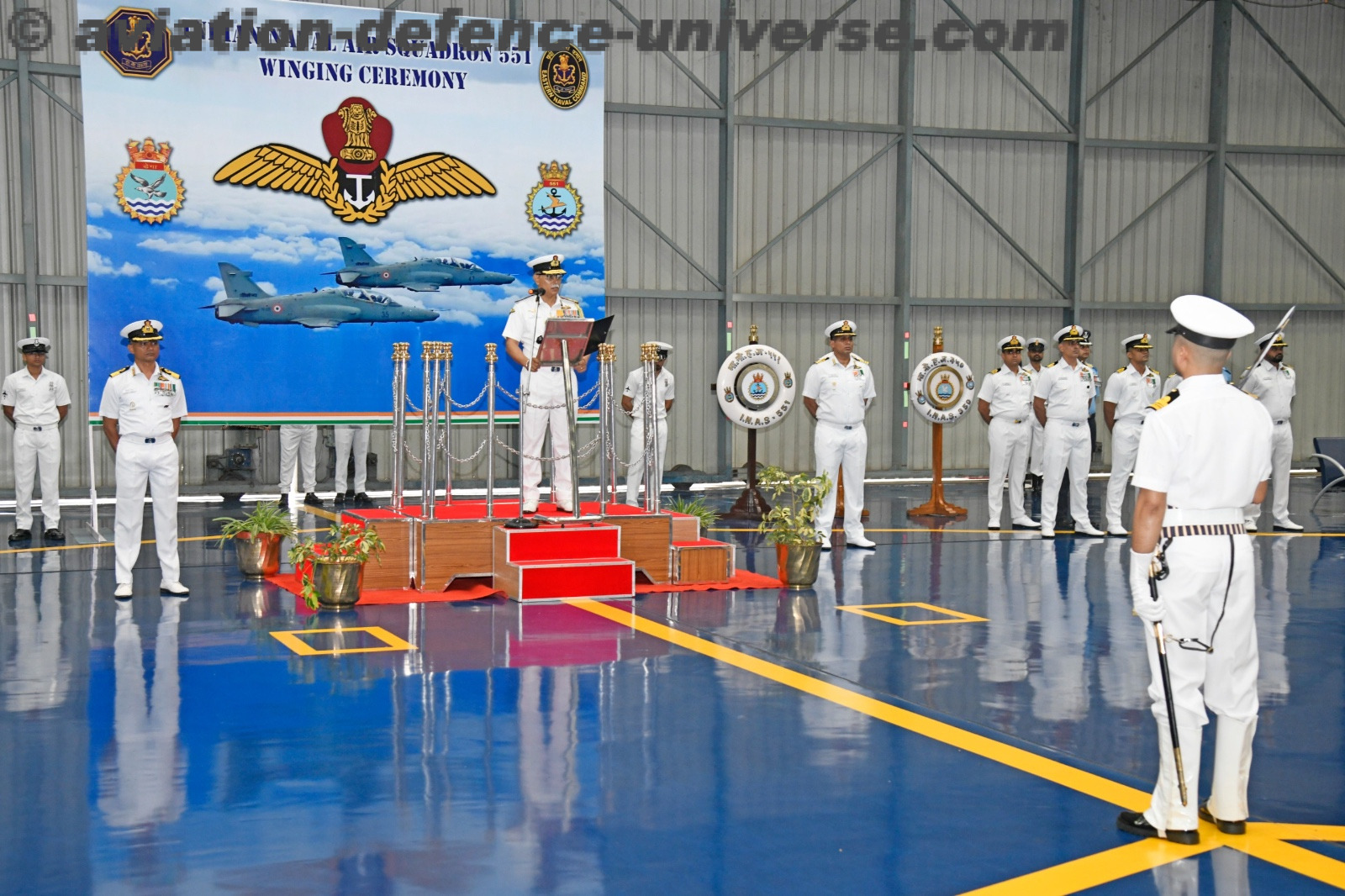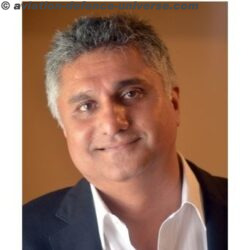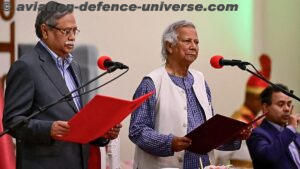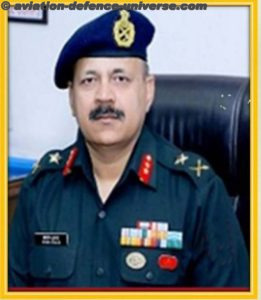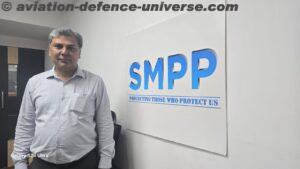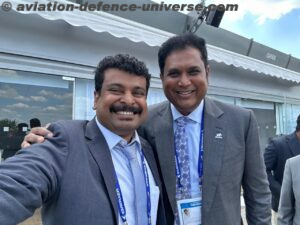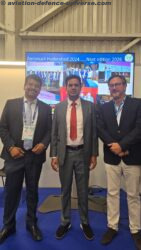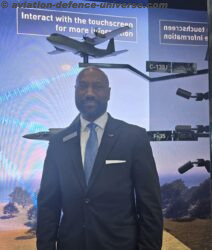NEW DELHI, 11 November 2016 . Strengthening of India-US relationship will remain a priority in the US Presidential Office, said Richard Rahul Verma, Ambassador of United States in India, at a panel discussion on the outcome of the U.S. Elections ‘The Future of India- US relations under the New US administration’ organized by FICCI in partnership with Brookings India.
Although economic growth has witnessed a slowdown the world over, Verma said that the bilateral trade relations saw an upswing and the US remains one of India’s biggest trade markets. He added that issuance of the US visa to Indians also indicates the improved relationships between the two countries. Last year, 1.1 million visas were issued, which is three times the number of visas issues a decade ago.
Verma said that India and US have greater strategic, political and economic convergence on issues of the day. Besides the US in the past has supported and worked with India on issues of UNSC permanent membership, nuclear agreement and global climate agreement, to name a few. He added that India and the US are natural allies and with people to people connect and shared values, the ties will continue to grow between the two nations.
Rajan Bharti Mittal, Past President FICCI & Vice Chairman Bharti Enterprises and Member of Board of Trustees, Brookings Institute, said that it was early to assess the business scenario under the new US regime. However, there were issues such as issuance of H-1B visa that would impact the economy. The President-elect had earlier expressed his intention of re-looking at trade treaties and other agreements; hence now as the new team takes over the office, their initiatives will have to be watched closely.
At a panel discussion on Political and Strategic relations between India and Unites States, Shashi Tharoor, Member of Parliament, said that there was uncertainty and India should not assume the way things will pan out. It is expected that more of protectionist policies will come into play and anti-globalization is here to stay. He added that India cannot be complacent now.
Kanwal Sibal, former Foreign Secretary, Government of India, said that there may be attempts from the US to reconcile with Russia which would be a positive development for India. The effort to improve strained relation with Russia may result in slowing down the pace of China.
Arun Kumar Singh, Former Indian Ambassador to United States, said that the President-elect in his campaign had focused on domestic issues such as job creation and revival of manufacturing and this will impact India. He noted that Indians have been an integral part of the Silicon Valley. With India bipartisan support in the US Congress, it is hoped that India will remain close to the US.
Ashok Malik, Senior Journalist & distinguished fellow, ORF Foundation, said that the TPP in its present form would not be implemented and this would give a short-term benefit to India. This may also enable RECP to back to its normal process. He added that China may receive a hardline approach from the US which may result in trade wars and currency devaluation.













